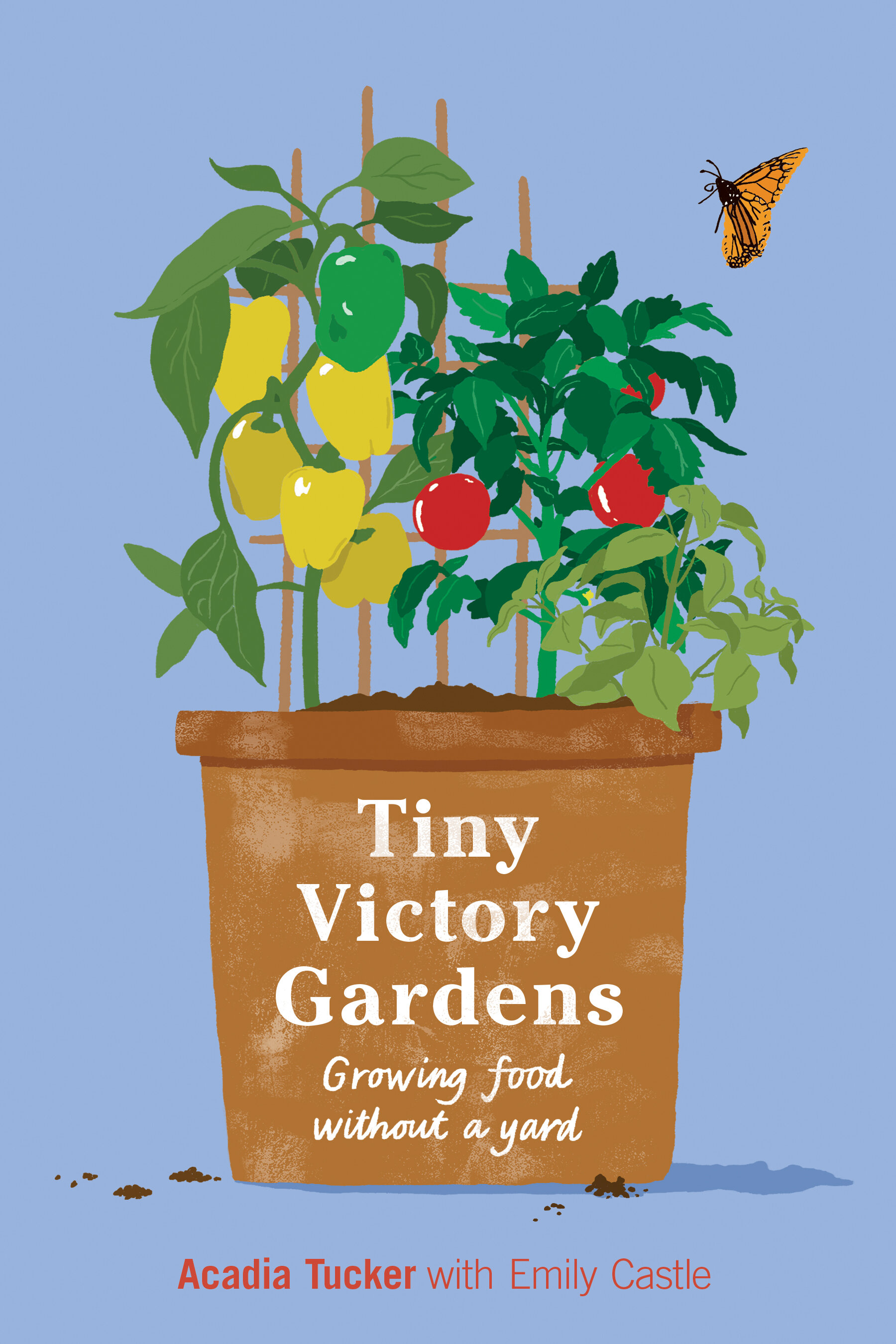Tackling food waste on college campuses
Middlebury College is among the schools that have instituted a tray-free dining hall to cut down on food waste. Without trays, students are more likely to take only what they’ll eat. Photo Source: Middlebury College Dining Services
It is 8pm on a Thursday at Middlebury College and I’ve just finished dinner. I get in line to return my plate to the dish carousel, which teams with piles of dishes, half-eaten turkey sandwiches, Caesar salads, and cups of almond milk. The amount of food left behind astounds me.
Twenty two million pounds of food is wasted annually on college campuses across the United States, according to the National Resource Defense Council. One big reason is that most modern dining halls are designed using an all-you-can-eat model. “Dining halls and on-campus eateries have to feed massive amounts of people quickly,” reports Georgiana Prevost, Food Recovery and Food Pantry ambassador from the UC Berkeley Basic Needs Center. “This means bulk preparation as well as over-preparation of food in anticipation, rather than in reaction to, the number of students coming to eat on any given day.”
Leftover food circulating a dining hall dish carousel at Middlebury College. Photo Source: Haley Hutchinson
But inroads are being made into lowering the amount of food left behind, led in part by the increasing awareness of what it does to the environment. When those half-eaten sandwiches and salads crowding the dish carousel in the dining hall are left to rot in landfills, polluting gasses such as methane are emitted into the atmosphere. But when organic waste is recycled and composted, food particles are broken down into forms that can be repurposed into soil, fertilizers, and other products instead.
In the dining hall, I watch as students place their leftovers on the circulating trays without a second glance. There is little interest in where that soggy bowl of cereal is going or the fate of the overcooked broccoli. Detached from thinking about the complete journey of our food, we naturally keep the disposal of our organic waste out of sight, out of mind.
This maladaptive mindset is something many institutions are looking to reverse. Research conducted by the USDA has found that when people are unaware of the immediate consequences of the food they waste, they are less likely to manage it responsibly. “People don’t feel as motivated to reduce waste if they think the waste won’t cause any problems,” says USDA Food Services specialists, Brian Roe, the faculty lead at Ohio State University’s Food Waste Collaborative.
While it’s true that tremendous amounts of food are being wasted on campus, organic waste management initiatives are in motion at many academic institutions. UC Davis and other universities have partnered with the EPA, for instance, in an effort to commit to food waste management goals through the Food Recovery Challenge, a program designed to motivate and award organizations for diverting food waste.
Getting involved in the EPA’s Sustainable Management Partnership programs and collaborating with organizations such as Campus Kitchens Project, ReFED, and the Food Recovery Network also help connect collegiate advocates with change-makers to solve the food waste dilemma while building community.
What follows are a few other steps colleges and universities are taking to manage food waste responsibly.
Student food waste management advocates at Georgia Tech. Georgia Tech successfully diverts tremendous amounts of waste from the landfill every year. Photo Source: Georgia Tech Sustainability
Increase awareness. Georgia Tech is an example of one school that has implemented a sustainable food initiative by making clear the size of the food waste problem. The university made the point by establishing relationships between dining services and campus sustainability specialists, and promoting student-led advocacy efforts and education through the creation of initiatives such as AWARE, a program designed to increase awareness around waste separation. The result: It successfully diverts 200 tons of organic waste from the landfill every month.
Make it easier to compost. Middlebury College successfully composts 300 pounds of food waste annually. So while it may seem that the piled dish carousels in my dining hall are a recipe for landfill disaster, the organic waste is being managed responsibly. Campus composting is “a year-long process, which involves food waste being mixed in with grass, wood chips, and horse manure from the Morgan Horse Farm in Weybridge,” a spokesperson told me. After months of decomposition and a subsequent sift through, the finished product is used on the college flower beds and athletic fields.
Repurpose uneaten food. UC Berkeley and other institutions make use of campus food pantries that provide leftover food to students facing food insecurity. As a leader of the UC Berkeley Food Pantry team, Prevost has witnessed the program average around 19,500 visits per semester. Donating leftover food to local food banks or making it available to members of the college community without cost ensures it isn’t wasted.
Personalize the dining experience. Less food is wasted when students can take what they want at the dining hall, and only what they want. University of Michigan and other institutions have reported decreases in food waste once serving trays are removed from dining halls.
As institutions catch on to the responsible waste management trend, food entering the landfill may soon be taboo. In the process of researching food waste management on campuses, I am more aware of the scraps I leave behind and the portions I serve, revelations I am sharing with others. Taking steps to improve organic waste management is simple, realistic, and ultimately unnegotiable. It is your meal, your community, and your efforts that matter. Because most importantly, it is our planet.
Haley Hutchinson is a Stone Pier Press News Fellow based in Middlebury, VT.











